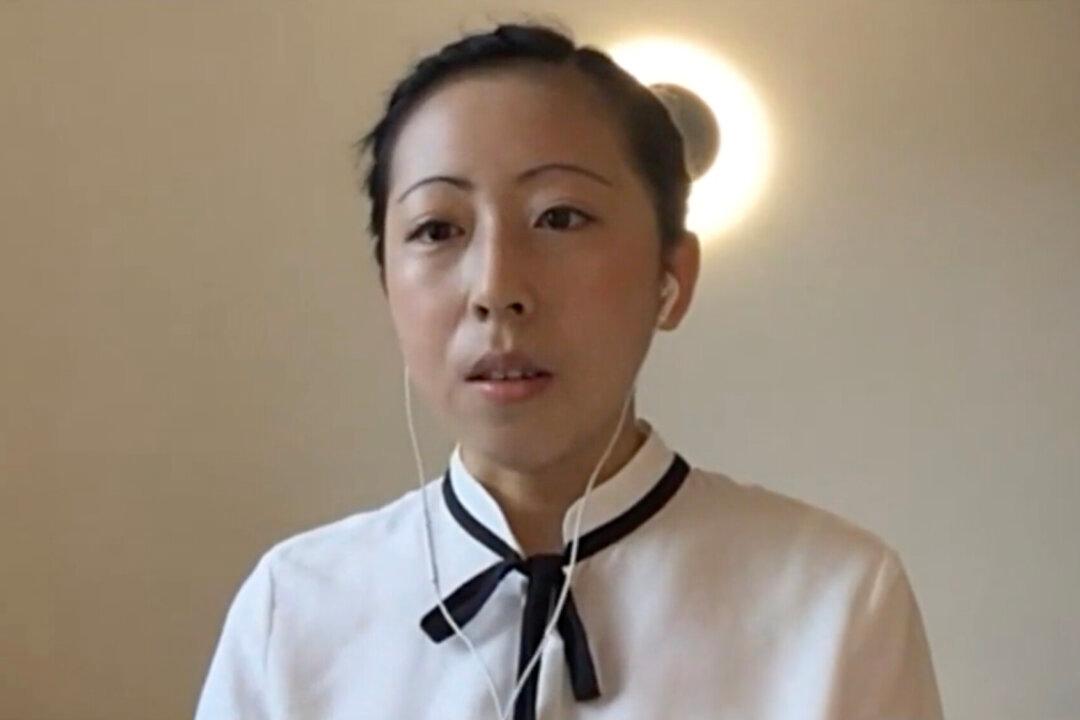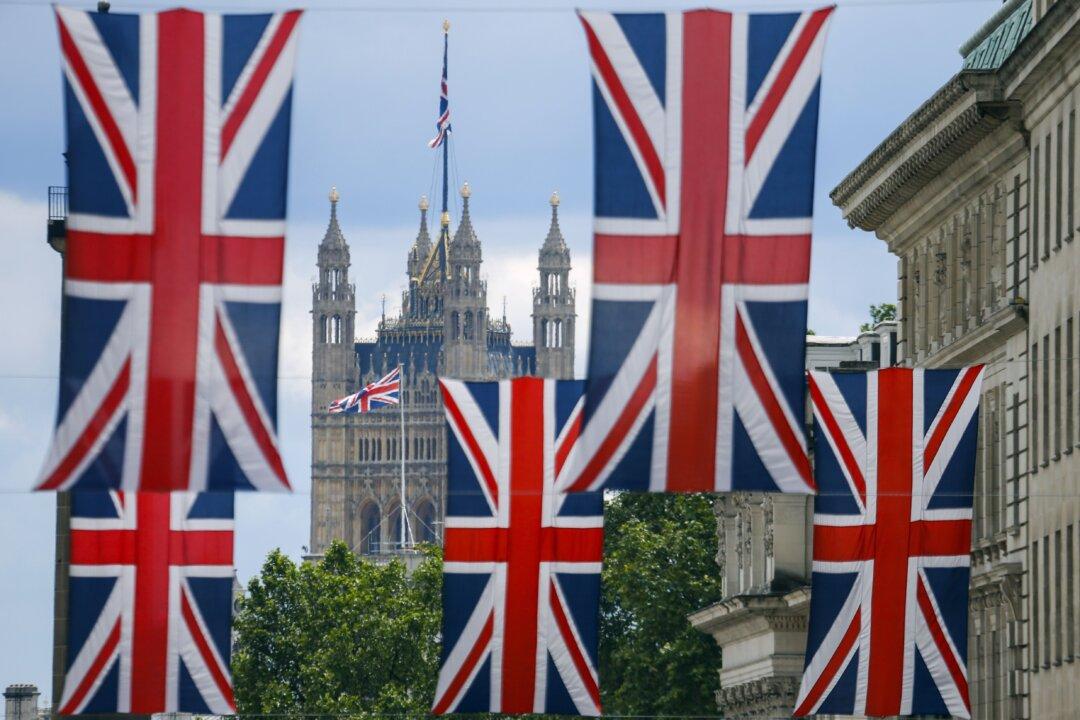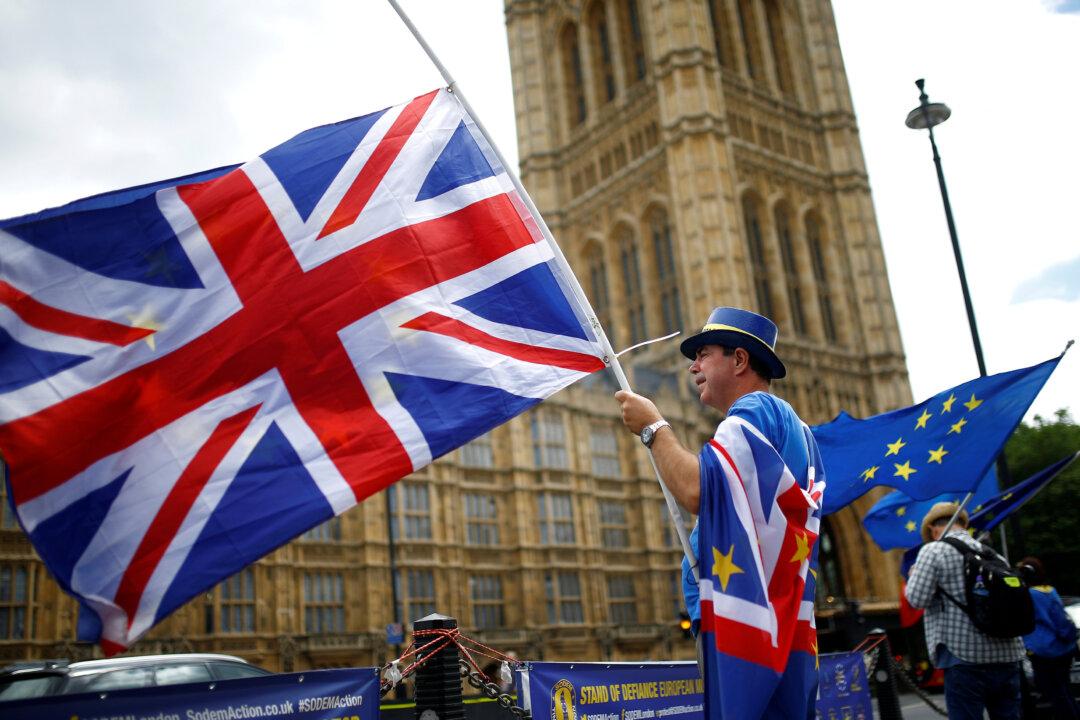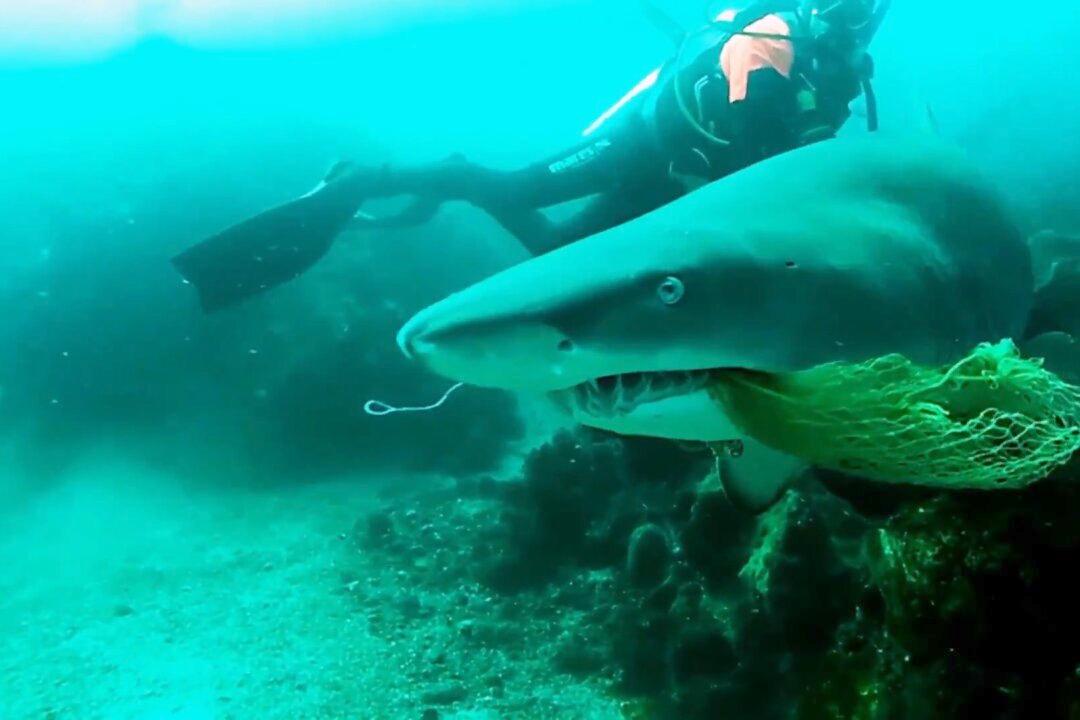LONDON—Illegal ivory is being openly sold across Europe as “antiques” because traders have found a loophole in European law, researchers say.

Elephant calves playing at the Amboseli game reserve, approximately 250 kilometres south of Nairobi. Tony Karumba/AFP/Getty Images

Jane Werrell
NTD News International Correspondent and Anchor
|Updated:



